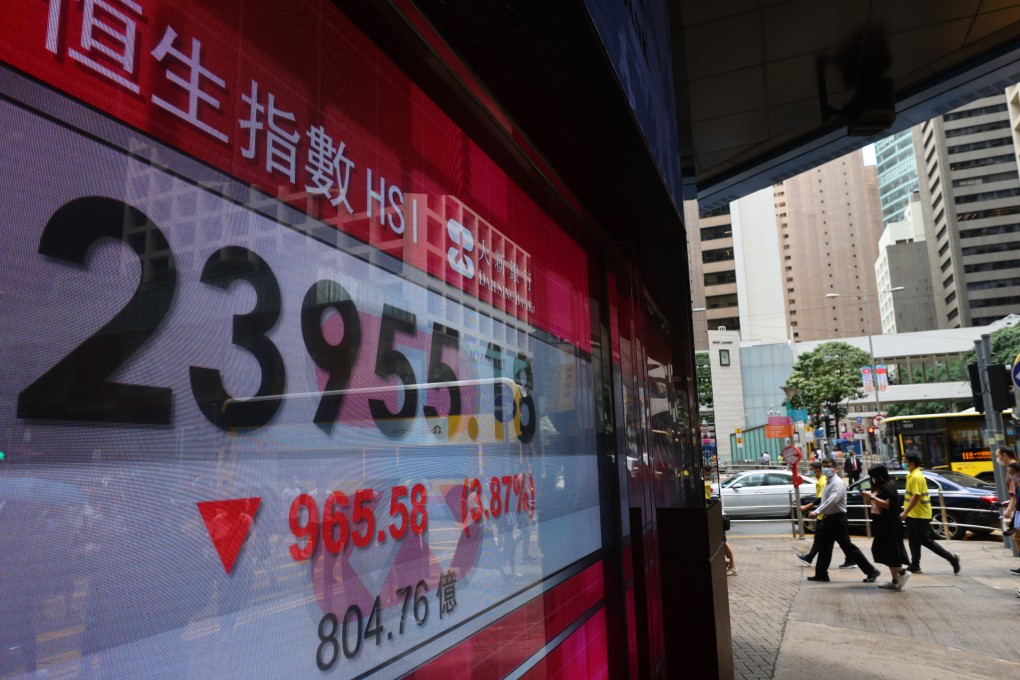Macroscope | Climate change is driving capitalism’s need to change to survive
- The world can no longer afford stock markets having a free ride while governments do the heavy lifting of financing essential needs
- Circumstances emerging around the world make it likely that capitalism will evolve into something closer to China’s brand of state capitalism

Karl Marx believed that capitalism was destined to collapse once the proletariat class overthrew the bourgeoisie, but capitalism has proved remarkably resilient. The system faces fundamental challenges now, however, if it is to survive potentially massive demand for new investments.
Market economies look increasingly like dogs chasing their own tails. They have binged on short-term investment, especially in the tech sectors, creating stretched asset valuations and stock bubbles while neglecting the need for huge investment in long-term socioeconomic areas.
Stock markets have in effect received a free ride while governments do the heavy lifting. But it is becoming increasingly obvious that there must be more burden-sharing between public and private finance if market capitalism is to survive. The next stage of evolution is overdue.
